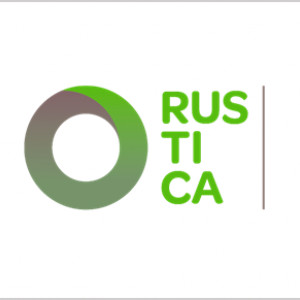 \
&
Contact us
\
&
Contact us
 \
&
Contact us
\
&
Contact us
This was 1 week ago
LocationOnline
ProgrammesThis MSCA lunchtime conversation focuses on the potential of human-AI interaction and collaboration. It will explore how to optimally integrate the strengths of humans and machines in the future. This is essential to optimise the efficiency and robustness of such collaborative work, increase the uptake and acceptance of AI across sectors and user groups by ensuring that AI systems are human-centered.
Speakers will present the knowledge and tools developed in EU-funded projects, which will serve as a basis for the discussion and exchange among the panelists and with the audience.
Deadline to register: 21 May 2025, 12.00 CEST
More information and the registration link is available in the announcement on the MSCA website.
Programme in brief
12:30 - 12:45 Event introduction, policy context and project data by MSCA
12:45 - 13:45 Discussion panel: Human AI co-creation with representatives from a MSCA Innovative Training Network and ERC Consolidator grant
13:45 - 13:55 Policy reflections
13:55 - 14:00 Wrap up and announcement of next events
We offer news and event updates, covering all domains and topics of Horizon Europe, Digital Europe & EDF (and occasionally, for ongoing projects, Horizon 2020).
Stay informed about what matters to you.
By signing up, you can opt in for e-mail notifications and get access to
a personalised dashboard that groups all news updates and event announcements in your domain(s).
Only for stakeholders located in Flanders

The RUSTICA project obtained funding under Horizon 2020, more in particular under the topic ‘Closing nutrient cycles’. RUSTICA focuses on demonstration and implementation of circular bio-based nutrient valorisation chains, focusing on waste from the fruit and vegetable agro-food system. The project kicked off in 2021 and will run until 2024. It will use a strong multi-actor approach to co-create both socio-economic and technological knowledge in four case study regions in Europe and one in Colombia. The Flanders-based company DRANCO is one of the project partners and acts as technical project manager for the entire project. DRANCO participates in the project to develop its own technologies, to network and to help make the transition to a more circular based economy.